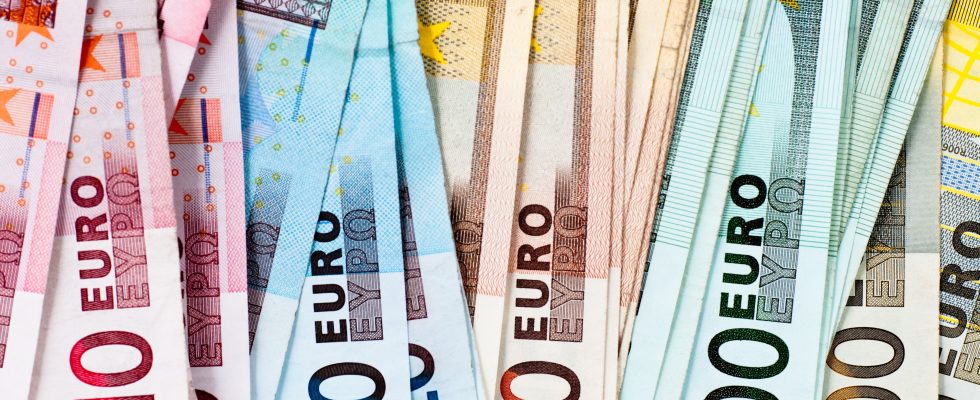Because they help finance the real economy, funds backed by private debt are increasingly attractive to savers. Some management companies now allow them to invest in this asset class. Update with Frédéric Giovansili, deputy general manager of Tikehau Capital.
L’Express: What does a private debt fund finance?
Frédéric Giovansili: We lend money to European mid-market companies so they can finance their growth. Unlike investment capital – or private equity – which provides equity, a private debt fund replaces or complements a bank loan.
We target mature companies with a profitable business model, aiming for activities that generate recurring revenue, which leads us to favor certain sectors such as health or business services: consulting, IT, etc. These companies are generally smaller than those that issue bonds on the financial markets.
How much does this investment bring in?
These financings are carried out at a floating rate, which allows you to benefit from the rise in interest rates. For our consumer funds, we aim for a return net of fees close to 5 to 6% per year in the current environment. Private debt also benefits from contractual remuneration which is integrated into the fund’s valuation, the latter therefore progressing regularly. The investor thus avoids the volatility of assets listed on the stock exchange.
The economic context is getting tougher, what precautions are you taking?
Our role as managers consists of selecting the best companies. However, we are currently observing a strong dispersion of performances: some companies are doing very well and others much less. We are therefore hyperselective! Only 1 to 2% of the files we study result in funding. We favor companies that have pricing flexibility allowing them to pass on increased costs in their prices and remain profitable. In addition, the funds are diversified across 40 to 60 companies.
Your latest unit of account, Tikehau Financement Décarbonation, marketed in Suravenir contracts, includes an ecological component. What is its principle?
We want to encourage companies to decarbonize their manufacturing processes or services. This involves an incentive through the interest rate: if the company respects a trajectory for reducing its greenhouse gas emissions defined in advance by a third party, it obtains a lower rate. Otherwise, she bears a penalty. This approach is also favorable for investors since decarbonization is a factor of efficiency for companies. It makes them more resilient to exogenous shocks.
